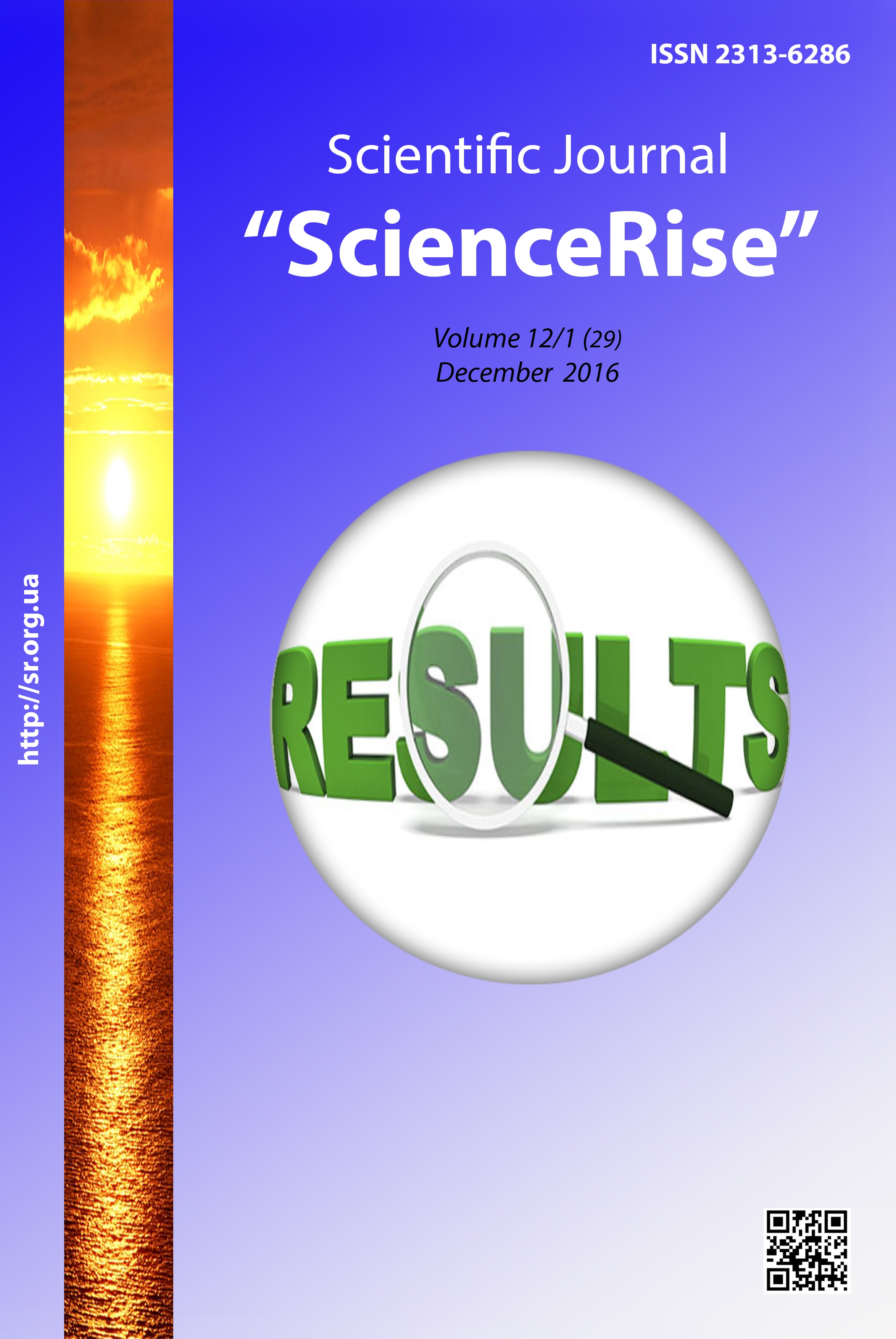Narrative tension analysis: reader`s and text aspects
DOI:
https://doi.org/10.15587/2313-8416.2016.86083Keywords:
narrative tension, cognitive and affective, reader`s response, narrative structures, text absorption, narrative interestAbstract
In this article narrative tension is conceptualized as a complex cognitive and affective phenomenon being analysed in two dimensions: psychological and textological. In the receptive and psychological framework narrative tension is considered as reader`s psychological response to the fictional events of the storyworld. In modern text theory narrative tension is thought as a specific narrative strategy represented by definite narrative structures inducing the particular emotional state of the reader
References
Brewer, W. F., Lichtenstein, E. H. (1982). Stories are to entertain: A structural-affect theory of stories. Journal of Pragmatics, 6 (5-6), 473–486. doi: 10.1016/0378-2166(82)90021-2
Dove, G. (1989). Suspense in the Formula Story. Ohio: Bowling Green State University Popular Press, 137.
Lodge, D. (1992). The Art of Fiction: Illustrated from Classic and Modern Texts. Harmondsworth: Penguin, 240.
Vorderer, P., Wulff, H. J., Friedrichsen, M. (Eds.) (1996). Suspense: Conceptualizations, Theoretical Analyses, and Empirical Exporation. London: Routledge, 376. doi: 10.4324/9780203811252
Hoeken, H., van Vliet, M. (2000). Suspense, curiosity, and surprise: How discourse structure influences the affective and cognitive processing of a story. Poetics, 27 (4), 277–286. doi: 10.1016/s0304-422x(99)00021-2
De Wied, M. (1995). The role of temporal expectancies in the production of film suspense. Poetics, 23 (1-2), 107–123. doi: 10.1016/0304-422x(94)00007-s
Iwata, Y. (2008). Creating Suspense and Surprise in Short Literary Fiction: a Stylistic and Narratological. Birmingham, 287. Available at: http://etheses.bham.ac.uk/284/
Baroni, R., Revaz, F. (Eds.) (2015). Virtualities of Plot and the Dynamics of Rereading. Columbus: Ohio State University Press, 280.
Lehne, M., Koelsch, S. (2015). Toward a general psychological model of tension and suspense. Frontiers in Psychology, 6, 1–11. doi: 10.3389/fpsyg.2015.00079
Tan, E. (Ed.) (1995). Emotion and the Structure of Narrative Film: Film as an Emotion Machine. New Jersey: Mahwah, 296. doi: 10.4324/9780203812761
Downloads
Published
Issue
Section
License
Copyright (c) 2016 Анна Вениаминовна Лещенко

This work is licensed under a Creative Commons Attribution 4.0 International License.
Our journal abides by the Creative Commons CC BY copyright rights and permissions for open access journals.
Authors, who are published in this journal, agree to the following conditions:
1. The authors reserve the right to authorship of the work and pass the first publication right of this work to the journal under the terms of a Creative Commons CC BY, which allows others to freely distribute the published research with the obligatory reference to the authors of the original work and the first publication of the work in this journal.
2. The authors have the right to conclude separate supplement agreements that relate to non-exclusive work distribution in the form in which it has been published by the journal (for example, to upload the work to the online storage of the journal or publish it as part of a monograph), provided that the reference to the first publication of the work in this journal is included.

